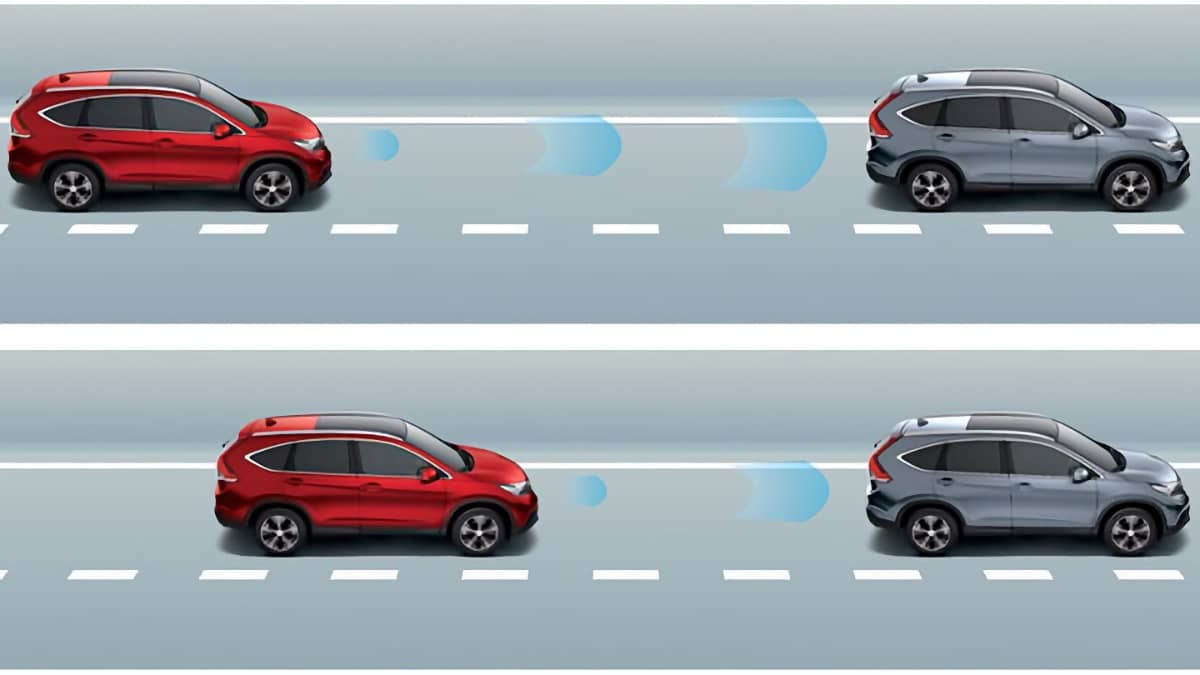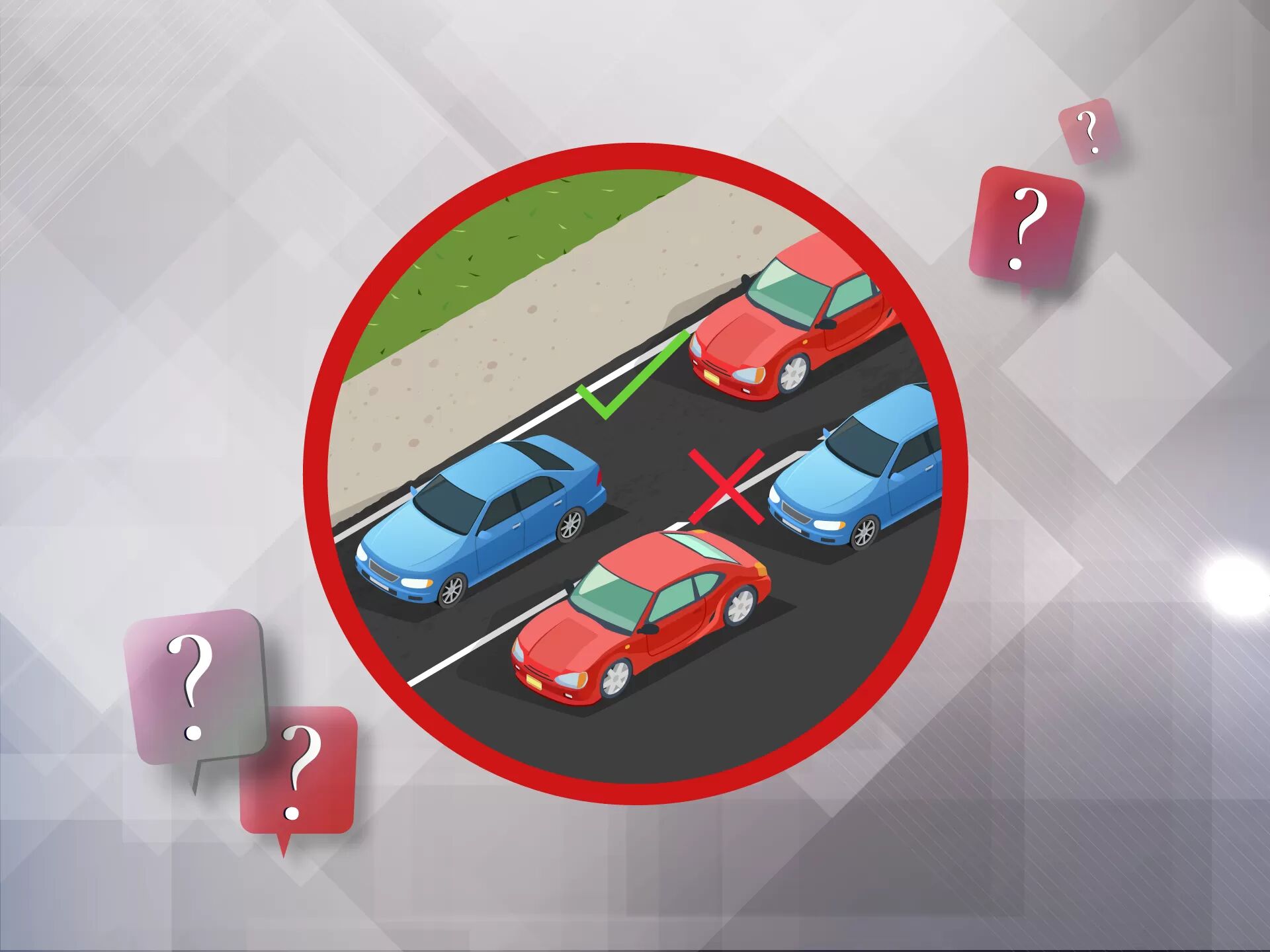When you look in the rearview mirror, you’re just driving on the highway, and the car behind you is driving too close to yours. Every time you need to tap your brakes or slow down for some reason, you’re anxious because the other driver is dangerously leaving no room between the vehicles. This is a traffic violation known as tailgating. Not only is this an unsettling sight, but it can also be annoying, scary, and hazardous.
Tailgating can happen in heavy traffic congestion or light traffic when the other driver is inattentive or impatient. Tailgating is one of the leading causes of car accidents and injuries. If you sustain serious injuries in an accident caused by a driver following too closely, you’ll want to file a claim for a tailgating accident. This will allow you to seek compensation for your injuries, losses, and damages.
Vehicle Code: Following Too Closely
Tailgating is the biggest culprit of rear-end collisions. It’s considered a particularly aggressive driving behavior that can cause tension and lead to provocative conduct, such as road rage. This is why tailgating is considered illegal in Illinois and other states across the US.
The “following too closely” offense falls under Section 5/11-170 of the Illinois Vehicle Code. Under this law, a driver is prohibited from following another motor vehicle more closely than is reasonable and prudent. The driver should also have due regard for the speed of other cars, the traffic, and the general condition of the highway.
If driving on a roadway outside a residence or business district, a truck or towing vehicle should leave enough space for an overtaking vehicle to enter and occupy the space without danger.
The definition of reasonable and prudent varies based on the unique circumstances of a case. The conditions mentioned above (speed of vehicles, conditions of the roadways, and traffic) are some of the circumstances insurance companies and courts consider when a claim for a tailgating accident is filed. Others include:
- Alertness of the drivers
- Distance between the vehicles
- Each vehicle’s braking efficiency
- Suddenness of a vehicle stopping
- Road surface at the time of the accident
- Direction the lead car was traveling
What Makes Following Too Closely Dangerous
According to the Federal Motor Carrier Safety Administration (FMCSA), tailgating involves situations in which a vehicle is following another too closely that a collision is likely to happen if the following driver isn’t paying attention to the actions of the car ahead.
Braking Time and Distance
The likelihood of sudden braking is one of the reasons for requiring a driver to maintain a reasonable and prudent distance behind a vehicle in front of him. A driver may suddenly brake and halt their forward movement for various reasons or causes. And cars need different distances and times to slow down or stop.
Reduced Visibility
Tailgating brings the risk of being in another vehicle’s blind spot. Serious accidents happen because the other driver cannot see potential obstructions or hazards on the road ahead.
Less Reaction Time
Following too closely puts both vehicles at risk of a collision if something unexpected happens. A driver may have to slow down or stop suddenly when faced with things like wildlife, debris on the roadway, or vehicle malfunction.
A tailgating accident can occur not only due to the front driver’s swift reaction but also because the driver in the rear vehicle has less time to avoid the hazard.
As a general rule of thumb, you should abide by the 3-second rule based on the concept that traveling speed determines braking distance. The faster a vehicle is moving, the longer it takes to slow and come to a stop. To protect yourself and others on the road, always leave three seconds of space between your vehicle and the vehicle ahead of you. You can adjust this distance according to traffic and roadway conditions.
Also, a tailgating accident is more likely to happen during winters when roads are wet and slippery as compared to summers. Ensuring your car is winter-ready can help avoid tailgating accidents or some other kind of road mishap.
Bottom Line
Illinois law prohibits drivers from following other vehicles too closely than is reasonable. In tailgating accidents, liability will most likely be attributed to the driver who rear-ends the other driver. If you’ve been injured in an accident caused by a tailgating driver, you may be entitled to compensation for your injuries and damages.


